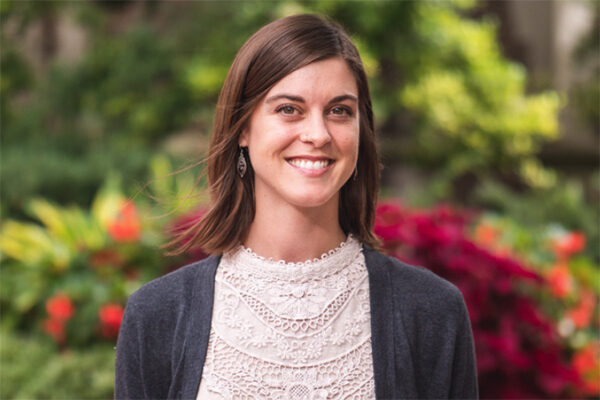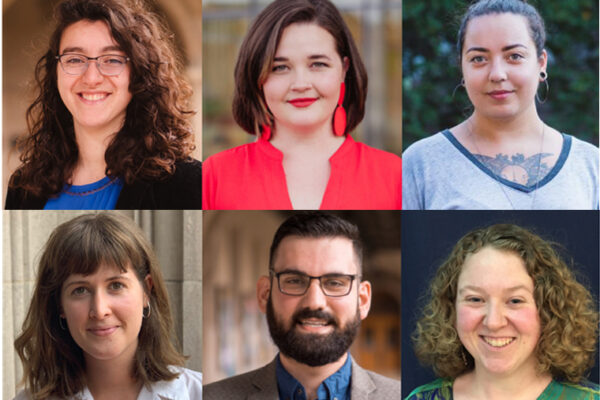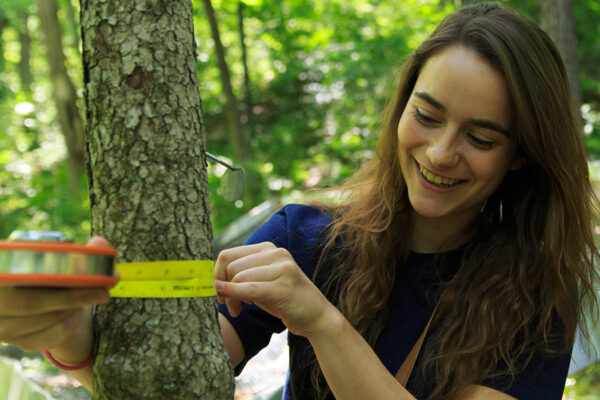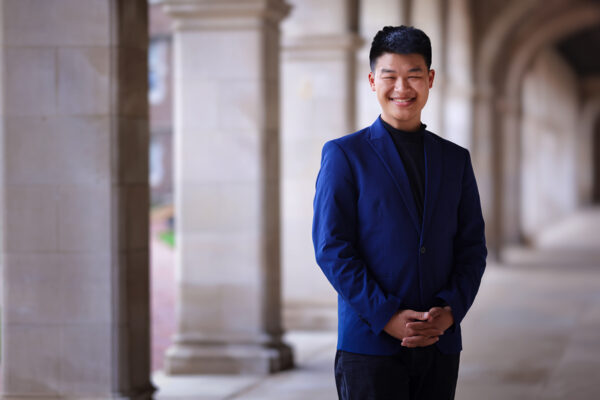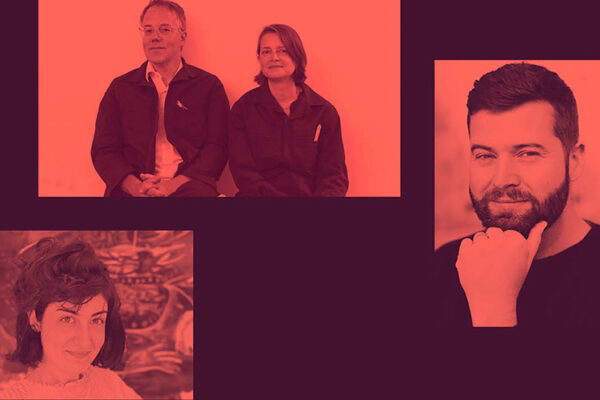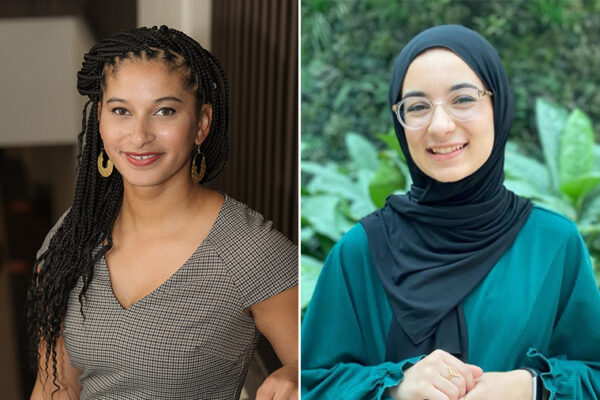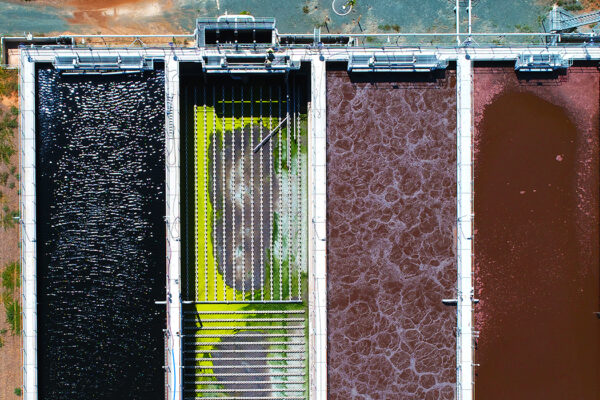Strait to study hominin locomotor anatomy
David Strait and Yeganeh Sekhavati, both in Arts & Sciences, won a $26,037 grant from the National Science Foundation to support doctoral dissertation research.
Williamson to study families affected by Zika
K. Eliza Williamson, a lecturer in Arts & Sciences, was awarded a postdoctoral fieldwork grant from the Wenner-Gren Foundation to research families raising children diagnosed with Zika syndrome in Brazil. Williamson is also the incoming senior book reviews editor for American Ethnologist.
Researchers receive NSF grant
Joan Strassmann and David Queller, both in Arts & Sciences, received a $141,578 supplemental award from the National Science Foundation for research on amoeba-bacteria cooperation.
Center for the Humanities names graduate students fellows
The Center for the Humanities in Arts & Sciences at Washington University in St. Louis recently awarded six Graduate Student Fellowships for the 2022-23 academic year.
The space between us
Arts & Sciences biologists from the lab of Jonathan Myers determined that tree beta diversity — a measure of site-to-site variation in the composition of species present within a given area — matters more for the ecosystem than other components of biodiversity at larger scales.
Miao named a Udall Undergraduate Scholar
Ranen Miao, a rising senior studying political science and sociology in Arts & Sciences, has been named a Udall Undergraduate Scholar. Miao was among 55 students selected for the honor.
CRE2 announces new faculty fellowships
The Center for the Study of Race, Ethnicity & Equity has announced six recipients of its 2023 Faculty Fellowships.
Stark wins American Academy in Rome fellowship
Christopher Stark, associate professor of composition and director of undergraduate studies in music in Arts & Sciences, has won the Elliott Carter Rome Prize in musical composition from the American Academy in Rome.
Student speakers to honor spirit of Class of 2022
Commencement student speakers Bryanna Brown, of Atlanta, and Noor Ghanam, who has lived in cities across the globe, took different journeys to Washington University in St. Louis, but on Friday, May 20, both will converge on the stage at Francis Olympic Field to address their fellow members of the Class of 2022.
When more complex is simpler
A new modeling framework proposed by physicist Mikhail Tikhonov in Arts & Sciences demonstrates how a more complex microbial ecosystem can be more coarse-grainable, making it potentially easier for scientists to understand, than one with only a few microbes interacting.
View More Stories

